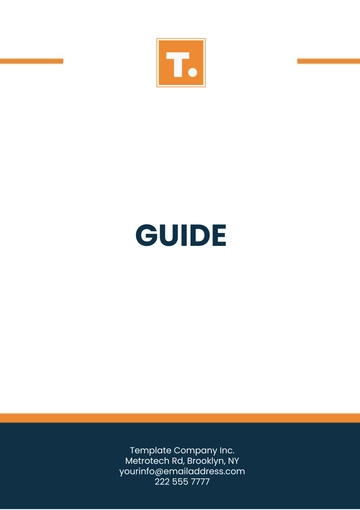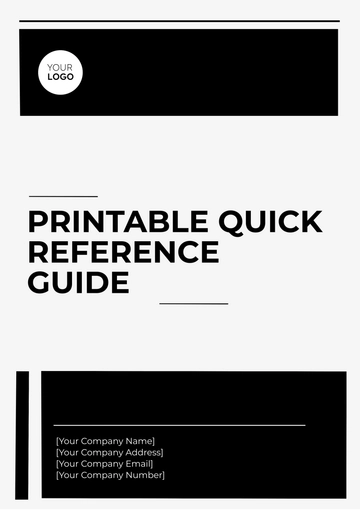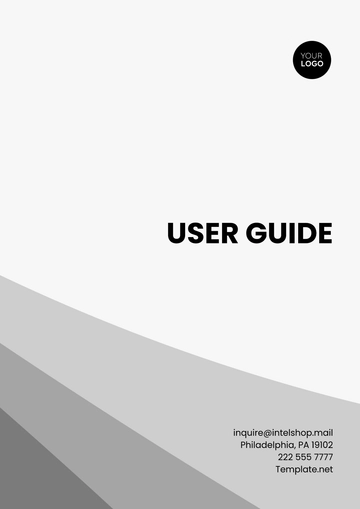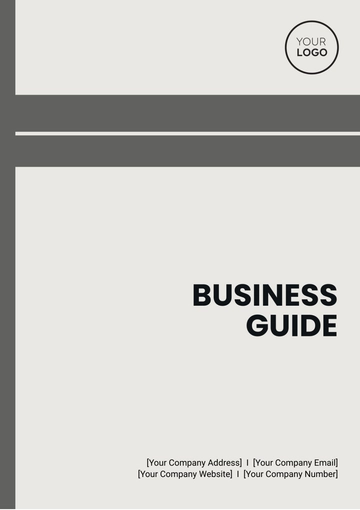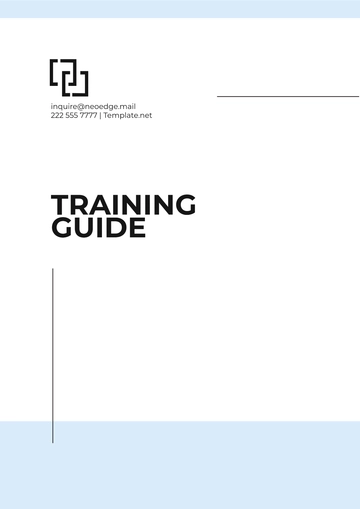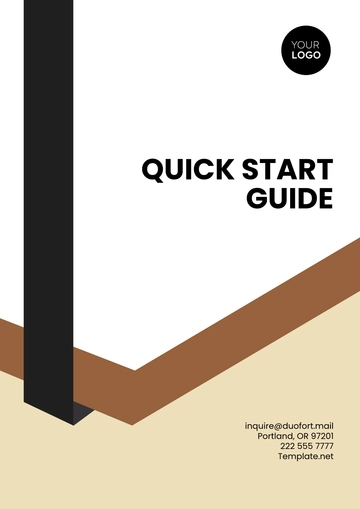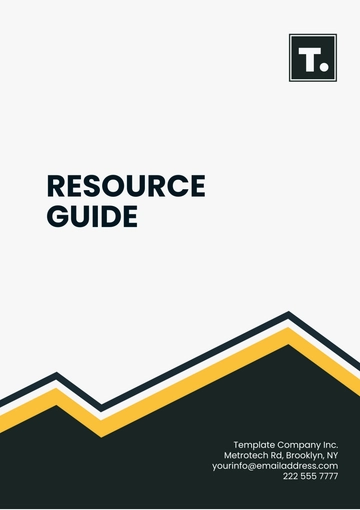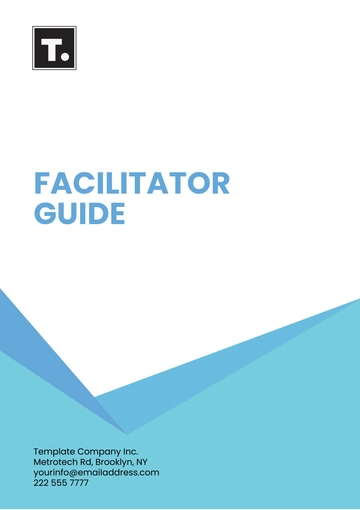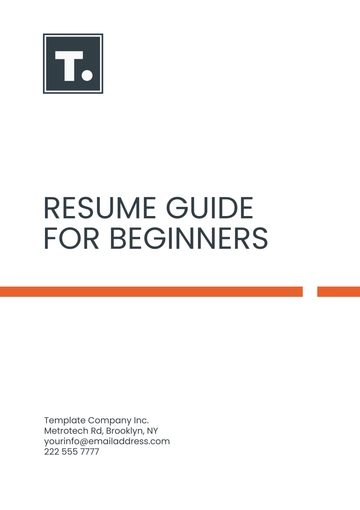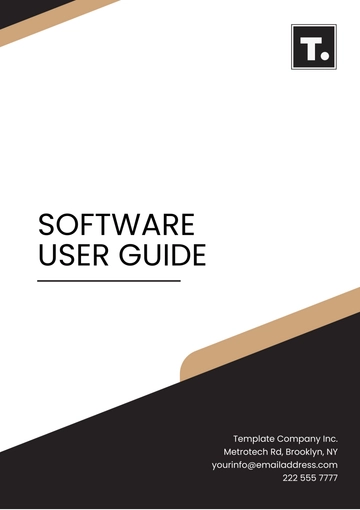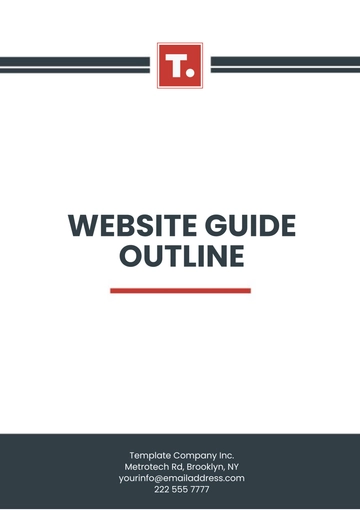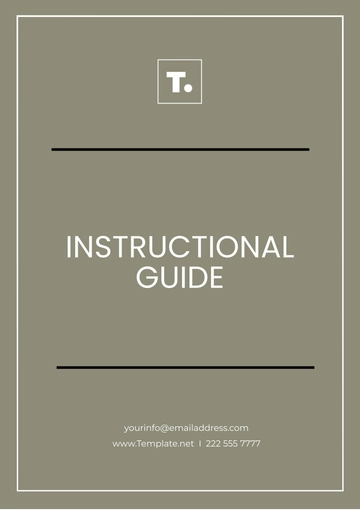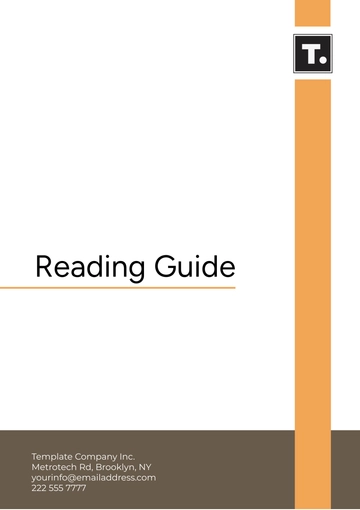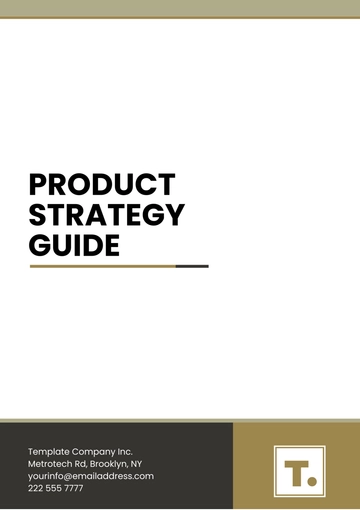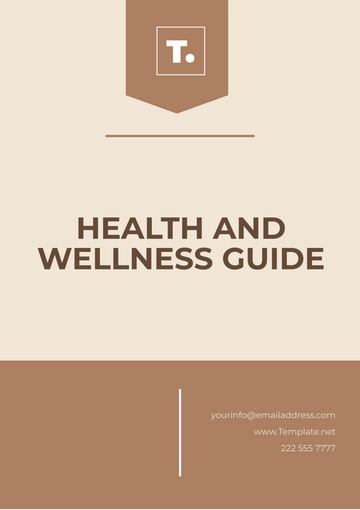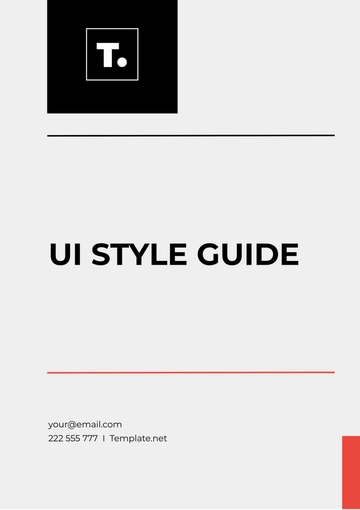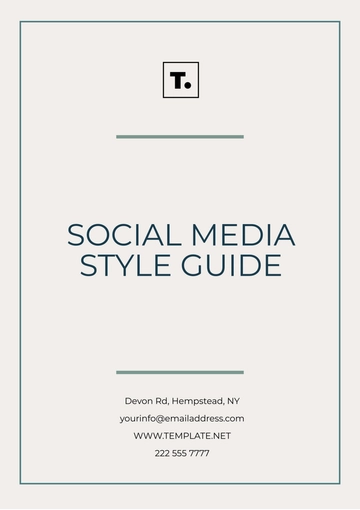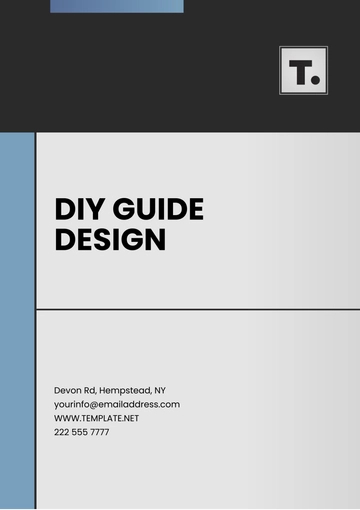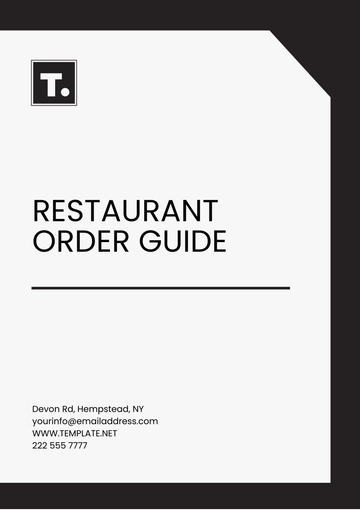Free Nurse Study Guide
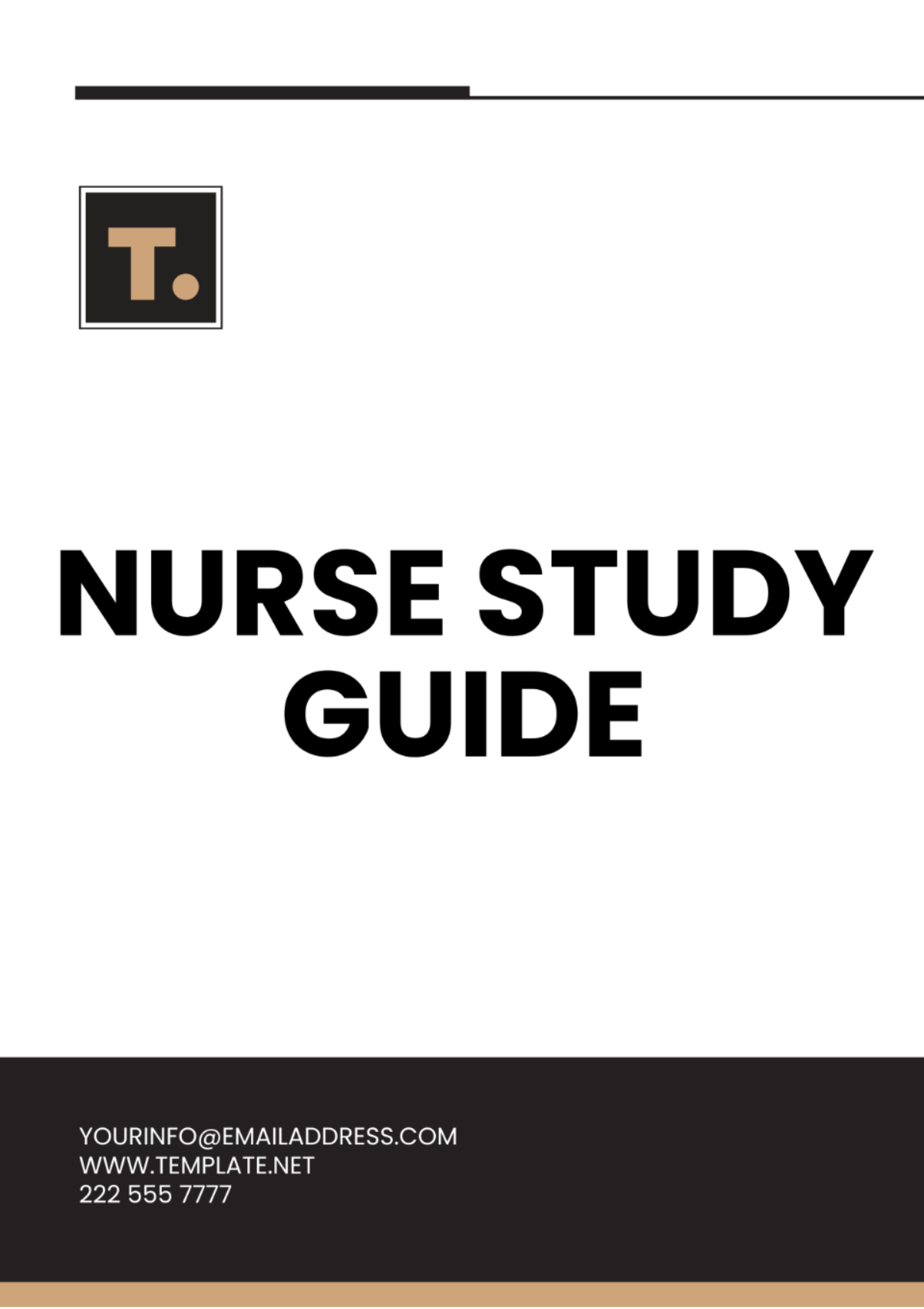
Prepared by: | [YOUR NAME] |
Institution: | [YOUR INSTITUTION NAME] |
Course: | [YOUR COURSE NAME] |
Address: | [YOUR COMPANY ADDRESS] |
Phone: | [YOUR COMPANY NUMBER] |
I. Introduction
A. Overview
Welcome to the comprehensive Nurse Study Guide designed for students and professionals at [YOUR INSTITUTION NAME]. This guide is tailored to support your educational and clinical growth, offering a structured approach to mastering essential nursing skills and knowledge.
B. Scope
This guide will help you navigate through the complexities of nursing education and practice, covering foundational topics, advanced clinical skills, and critical thinking necessary for your professional development and patient care excellence.
II. Course Content Overview
A. Key Learning Objectives
Understand Core Nursing Principles: Deepen your knowledge of fundamental nursing theories and practices.
Develop Clinical Skills: Enhance your ability to perform essential nursing procedures with confidence and accuracy.
Integrate Theoretical Knowledge with Practical Application: Apply classroom knowledge to real-world nursing scenarios, improving patient outcomes and care efficiency.
B. Major Topics and Subtopics
Anatomy and Physiology:
Cells and Tissues
Musculoskeletal System
Nervous System
Cardiovascular System
Pharmacology:
Drug Classifications
Mechanisms of Action
Side Effects and Adverse Reactions
Dosage Calculations
Patient Assessment Techniques:
Comprehensive Patient Evaluations
Nursing Ethics and Legal Issues:
Moral and Legal Obligations of Nursing Practice
III. Study Materials
A. Textbooks and Readings
Primary Textbook: 'Comprehensive Nursing Care' by [AUTHOR NAME], which covers all essential aspects of nursing.
Supplementary Readings: Additional resources that provide specialized knowledge in areas like pediatric nursing, mental health, and emergency care.
B. Online Resources
Lecture Notes: Access to comprehensive lecture notes provided by [YOUR INSTITUTION'S LECTURE PLATFORM].
Video Tutorials: Links to high-quality video demonstrations of key nursing procedures.
Interactive Quizzes: Engage with dynamic quizzes available through [YOUR INSTITUTION'S ONLINE LEARNING PORTAL] to test your understanding and prepare for exams.
IV. Study Tips
A. Effective Study Habits
Regular Review Sessions: Encourage consistent study sessions to solidify and expand your nursing knowledge.
Active Learning: Utilize active engagement techniques such as simulation labs and role-playing to enhance learning retention.
B. Preparation Strategies
Mnemonics and Memory Aids: Implement mnemonic devices for memorizing complex medical terms and patient care protocols.
Practice Exams: Utilize previous exam papers and online practice tests to familiarize yourself with the exam format and question styles.
V. Practice Exercises
A. Clinical Skill Drills
Simulation Drills: Participate in scheduled simulation drills at [YOUR INSTITUTION'S SIMULATION CENTER] to hone your clinical skills in a risk-free environment.
Skill Checklists: Follow detailed checklists to systematically assess and improve each clinical skill.
B. Theoretical Questions
Sample Questions: A compilation of typical exam questions that challenge your understanding of nursing concepts and patient care scenarios.
VI. Group Study Sessions
A. Benefits of Group Study
Enhanced Learning: Leverage the collective knowledge and diverse perspectives of your peers to tackle complex nursing problems.
Support Network: Create a supportive learning environment with peers who can provide motivation and insights.
B. Organizing a Study Group
Regular Meetings: Establish a regular meeting schedule that accommodates all group members.
Focused Topics: Designate specific topics for each session to ensure comprehensive coverage and efficient use of time.
VII. Exam Preparation
This section is dedicated to equipping nursing students at [YOUR INSTITUTION NAME] with the necessary tools and strategies for successfully navigating their upcoming exams. The table below provides an organized and detailed overview of key elements for exam preparation.
Category | Description | Details |
Understanding the Exam Format | Familiarize yourself with the types of exams and their structure. |
|
Test-Taking Strategies | Strategies to effectively manage time and approach different types of questions during the exam. |
|
Pre-Exam Checklist | Essential tasks and checklists to complete before the exam day to ensure readiness. |
|
During the Exam | Guidelines on how to conduct oneself in the exam room and how to efficiently utilize the exam time. |
|
Post-Exam Review | Steps to take after completing the exam to continue improving and preparing for future assessments. |
|
VIII. Additional Resources
A. Tutoring and Support
Tutoring Services: Detailed information on how to access tutoring services provided by [YOUR INSTITUTION NAME].
Peer Mentoring: Guidelines for connecting with experienced peer mentors within your program.
IX. Conclusion
A. Recap
Recapitulate the essential elements covered in this guide, reinforcing the importance of diligent study and continuous practice in nursing.
B. Feedback
Encourage users to provide feedback on the guide to help improve its usefulness for future students.
- 100% Customizable, free editor
- Access 1 Million+ Templates, photo’s & graphics
- Download or share as a template
- Click and replace photos, graphics, text, backgrounds
- Resize, crop, AI write & more
- Access advanced editor
Introducing the Nurse Study Guide Template from Template.net, a game-changer in nursing education. This meticulously crafted resource is fully editable and customizable, ensuring it perfectly aligns with your study needs. Accessible in our Ai Editor Tool, it's designed to streamline your learning journey. Elevate your study experience today!
